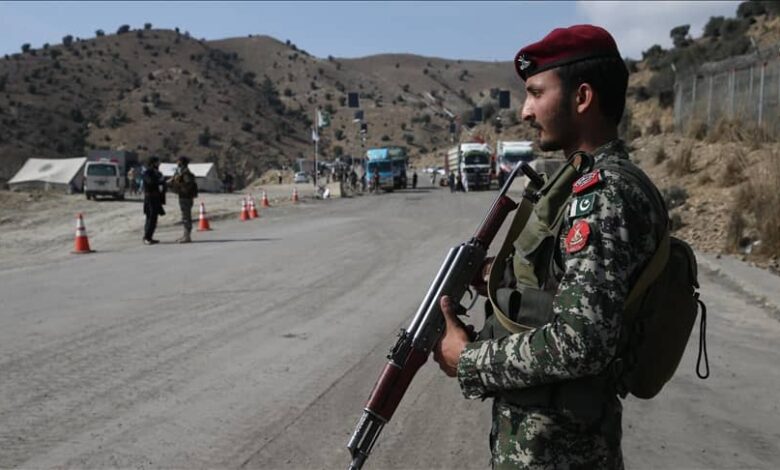
The relation between Pakistan and Afghanistan has dramatically changed since August 2021, when the Taliban took over Kabul in a blitzkrieg fashion. The Interior Minister of Pakistan, Sheikh Rasheed Ahmed, termed the Taliban’s lightning rise as a forerunner to a new strategic bloc, while Prime Minister Imran Khan framed it as an emancipation of Afghans from the chains of oppression.
The Afghan Taliban historically waged a nearly two-decade insurgency against a U.S.-led coalition from havens and with support in Pakistan. Quetta and Peshawar became major Taliban leadership centers. But tensions have recently increased, epitomized by Pakistani military airstrikes inside Afghanistan this week.
The roots of this deterioration lie in Afghanistan’s complex history with Pakistan. While Pakistan welcomed the Taliban, the regime in Kabul is turning out to be less compliant than expected, using a nationalist agenda to gain local support. The Durand Line, a colonial boundary, is contentious, with the Taliban refusing to accept its legitimacy, which goes against Pakistan’s strategic interests.
As the Taliban consolidates power, there has been a spate of militant attacks in Pakistan-most notably by the Tehreek-e-Taliban Pakistan, which has scaled up attacks against the security forces. The longstanding Pakistani support of the Afghan Taliban is looked upon as a double-edged sword, which will empower militant factions.
The Taliban, for all their rhetoric of revenge, have scant reason to carry out any action against the leaders of the TPP that might destabilize their nascent regime. The Pakistani military is compelled, through political pressure, to retaliate with airstrikes that draw relatively little international condemnation or blowback.
Ultimately, while military action can achieve short-term political aims, enduring peace will require dramatic diplomacy and the overcoming of deep-seated grudges that have retarded cooperation and regional prosperity for generations.



